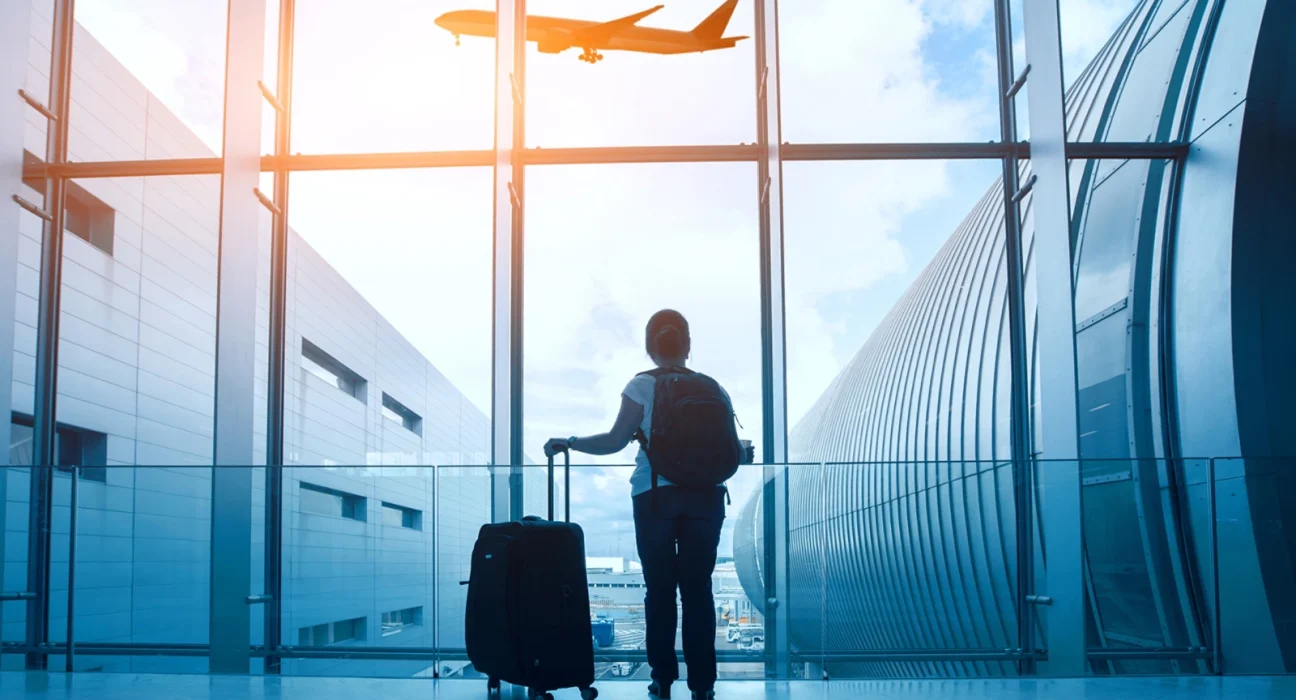In today’s fast-paced global economy, business travel has become more than a corporate necessity—it’s a catalyst for innovation, global collaboration, and career growth. As the world continues to embrace hybrid work models and international partnerships, the traditional definition of work and workplace is being redefined. Business travel is no longer just about boarding a plane for meetings; it’s about expanding horizons, building international networks, and combining work with lifestyle.
From digital nomads working from tropical co-working spaces to executives hopping between international headquarters, the modern business traveler is embracing flexibility and purpose in their journeys. This article explores the evolution of business travel, its benefits and challenges, and how professionals and companies can adapt to thrive in a mobile-first world.
The Evolution of Business Travel
Business travel has undergone a massive transformation over the past decade. What was once reserved for corporate executives attending trade shows or client meetings is now commonplace across all professional levels. Startups pitch investors in global tech hubs, freelancers attend creative retreats abroad, and remote teams hold quarterly offsites in scenic destinations.
Several key trends have shaped this shift:
Remote Work Culture: With more people working from anywhere, travel is becoming integrated into the work routine.
Bleisure Travel: Blending business with leisure has become popular, allowing travelers to enjoy cultural experiences alongside their work.
Tech-Enabled Mobility: Booking tools, virtual workspaces, and collaboration apps allow professionals to work seamlessly across borders.
Sustainability Focus: Companies and travelers are now more aware of the environmental impact of frequent travel, prompting smarter, more eco-conscious decisions.
Why Business Travel Still Matters
Despite advances in virtual meeting platforms, in-person interactions still hold tremendous value in business. Deals are built on trust, and face-to-face communication fosters stronger relationships.

1. Relationship Building
Meeting clients or partners in person creates opportunities for deeper rapport. Whether it’s sharing a meal, attending an event together, or reading body language during negotiations, these human elements cannot be fully replicated online.
2. Market Insight
Traveling to new regions provides firsthand insight into consumer behavior, cultural nuances, and local trends. This knowledge can be invaluable for product development, marketing strategies, and international expansion.
3. Inspiration and Creativity
Stepping out of a familiar environment stimulates creativity. Many entrepreneurs and creatives find their best ideas while exploring new places, observing different lifestyles, or engaging in cross-cultural dialogue.
4. Talent Retention
Younger generations value experiences over titles. Companies that offer travel opportunities or allow remote work from diverse locations often attract and retain top talent looking for flexibility and inspiration.
Challenges of Business Travel
While business travel brings benefits, it also comes with a set of challenges that require careful planning and consideration.
1. Burnout and Fatigue
Frequent travel can disrupt routines, affect sleep patterns, and increase stress levels. Jet lag, long hours, and back-to-back meetings often lead to physical and mental exhaustion if not properly managed.
2. Work-Life Balance
Being constantly on the move can strain relationships and make it difficult to maintain a healthy balance between professional and personal life. Travelers must learn to set boundaries and prioritize downtime.
3. Rising Costs
Airfare, accommodation, and incidental expenses can add up quickly. Businesses must weigh the ROI of trips and implement smart travel policies to manage budgets effectively.
4. Sustainability Pressure
Environmental concerns surrounding air travel have put pressure on businesses to reduce their carbon footprint. This has led to more emphasis on virtual collaboration, carbon offset programs, and longer, more meaningful trips instead of frequent short ones.
Strategies for Smarter Business Travel
To make business travel more productive and enjoyable, both individuals and companies must adopt strategies that prioritize purpose, health, and efficiency.
1. Be Intentional with Travel
Avoid travel for the sake of travel. Prioritize trips that have clear goals—whether it’s sealing a deal, attending a high-impact event, or strengthening team dynamics. Combine multiple objectives into a single trip to maximize value.
2. Invest in Tech and Tools
Use apps and platforms to streamline every aspect of travel—flight booking, itinerary management, expense tracking, and team communication. Tools like Slack, Zoom, Trello, and Notion help maintain productivity while on the move.
3. Choose Flexible Accommodations
Select hotels or serviced apartments with amenities such as Wi-Fi, desk space, and proximity to business centers. Co-living spaces and work-friendly Airbnbs are also becoming popular among remote professionals.
4. Stay Healthy on the Road
Eat well, stay hydrated, and make time for exercise—even if it’s just walking between meetings. Many hotels now offer wellness programs, gyms, and healthy dining options. Prioritize sleep and use downtime to recharge.
5. Embrace Bleisure Travel
Adding leisure time to a work trip can increase satisfaction and reduce burnout. Explore the local culture, try new cuisine, or take a scenic detour before heading home. This makes the journey more rewarding and memorable.
Business Travel in the Remote Work Era
The rise of remote work has created a new category of professionals who travel full-time while managing their careers—digital nomads. But even for traditional workers, occasional travel is becoming more integrated into team structures.
Many companies now host:
Work retreats in scenic locations to boost team morale.
Co-working residencies to encourage collaboration.
International networking trips for business development.
Some are even adopting “work-from-anywhere” policies, enabling employees to live and work abroad temporarily, fostering both professional and personal growth.
Countries like Portugal, Costa Rica, and the United Arab Emirates now offer digital nomad visas, welcoming remote workers with extended stays and business-friendly environments.
Looking Ahead: The Future of Business Travel
The future of business travel will be shaped by a mix of innovation, sustainability, and lifestyle trends. Key predictions include:
AI-assisted travel planning to simplify logistics.
Greater emphasis on wellness and mental health during travel.
Eco-conscious travel choices, such as rail over air, or longer stays to reduce emissions.
Global co-working networks allowing seamless work setups in any major city.
Personalized experiences designed around traveler preferences and goals.
As travel becomes more accessible and technology continues to evolve, business travel will be less about obligations and more about meaningful experiences, global connections, and strategic growth.
Conclusion
Business travel is no longer just a corporate task—it’s a powerful tool for growth, connection, and innovation. When done with intention and balance, it allows professionals to thrive beyond office walls and across continents. Whether you’re closing deals in new markets, collaborating with global teams, or simply drawing inspiration from new surroundings, the journey can be just as valuable as the destination.
As the lines between work and travel continue to blur, professionals and businesses that embrace mobility, adaptability, and sustainability will lead the way into the future of work.

